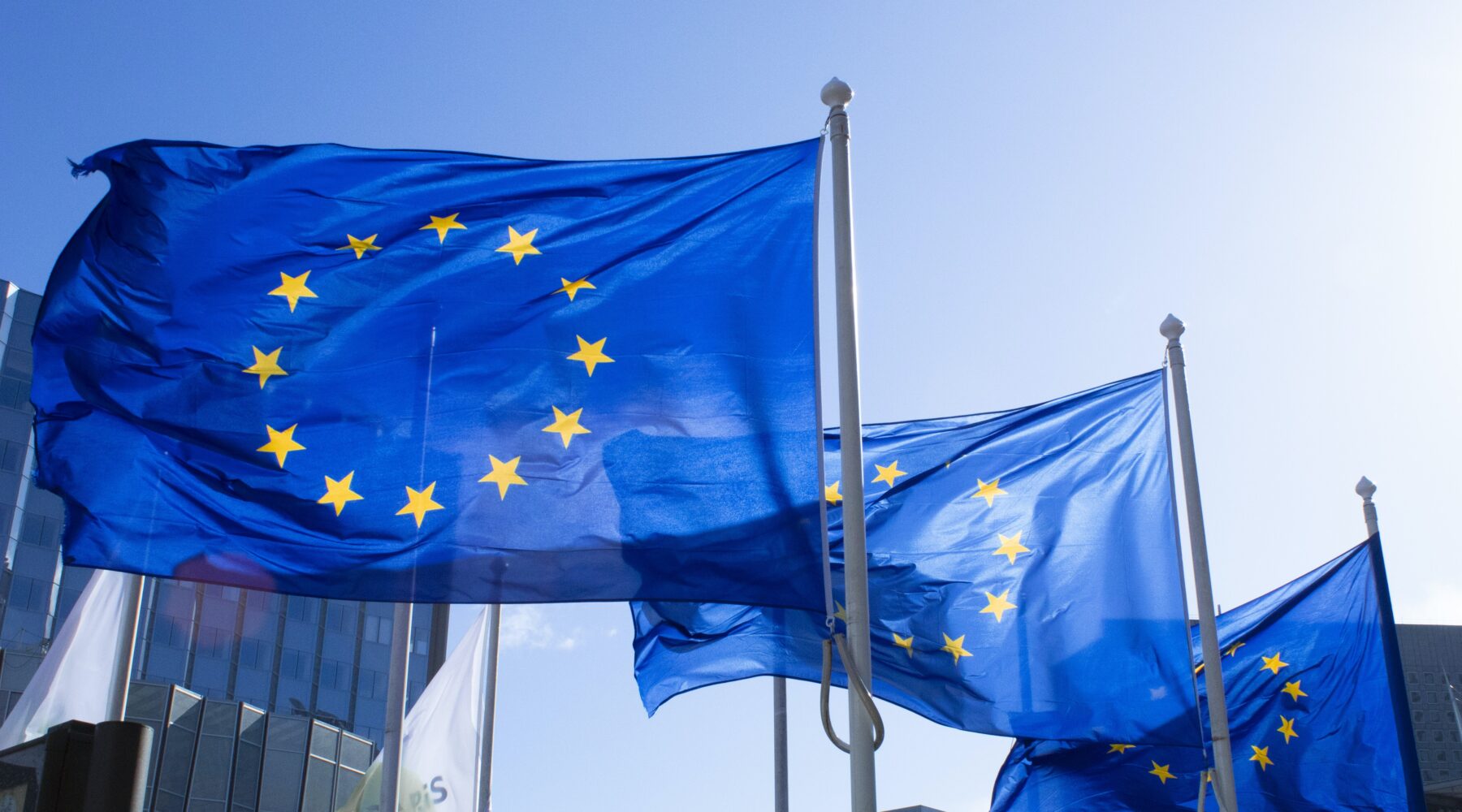


The vote by Members of the European Parliament (MEPs) was held during the Parliament’s May Plenary session in Strasbourg.
The Istanbul Convention, which came into force in 2014 after being opened for signature in 2011, stands as a pioneering international legally binding instrument. It recognizes violence against women as a grave violation of human rights and establishes a comprehensive framework of legal and policy measures to address and prevent such acts. The convention encompasses various essential aspects, including data collection, awareness-raising, criminalization of violence against women, and the provision of support services.
While all European Union (EU) Member States are signatories to the Convention, six have yet to ratify it: Bulgaria, Czechia, Hungary, Latvia, Lithuania and Slovakia.
The EU signed the Convention in 2017 but ratification by the Union had been stalled due to the refusal by some EU Member States. Criticism of the convention has primarily revolved around disputes surrounding the concept of “gender” across Europe. In 2020, the Hungarian Parliament refused to ratify the Convention, citing concerns about promoting “destructive gender ideologies” and “illegal migration.” Similarly, Poland expressed its intention to withdraw from the Convention, alleging violations of parental rights and the inclusion of ideological elements. In 2021, the Bulgarian Constitutional Court ruled against ratification, arguing that the term “gender” should solely refer to biological sex.
The debate that preceded the votes was marked by a clear opposition to EU accession by several MEPs from the European Conservatives and Reformists (ECR) and ID (Identity and Democracy) groups. Some Members connected violence against women to mass immigration and stated that “perpetrators of violence against women are usually imported” and that the Convention “destroys identity, the national State and Church”. These allegations were met with indignation from more progressive MEPs, who asked the European Parliament Vice-President chairing the session to look into allegations of hate speech in the Chamber.
The European Parliament voted on two separate texts concerning two areas directly related to the Convention. The first text, pertaining to the realm of the Union’s institutions and public administration, saw 472 members in favour, 62 against, and 73 abstentions. The second text concerned criminal judicial cooperation, asylum, and non-refoulement (practice of not forcing refugees or asylum seekers to return to a country in which they are liable to be subjected to persecution) and its count stood at 464 votes in favour, 81 against, and 45 abstentions.
The Council of the EU is expected to grant approval for EU accession to the Convention at the upcoming Justice and Home Affairs Council meeting in June, thereby finalizing the accession procedure. With accession complete, all EU Member States will be bound by the Convention to the extent of EU competence in the areas of criminal judicial cooperation, asylum and non refoulement.
The European Parliament had repeatedly called for EU accession to the Istanbul Convention, which was a priority in the European Commission’s EU 2020-2025 Gender Equality Strategy.
Please find here the text of the Convention available in over 30 languages.
See here for the Plenary debate (starts at minute 15:39) and here for brief extracts of the debate and vote.
Featured Photo by Alexandre Lallemand on Unsplash